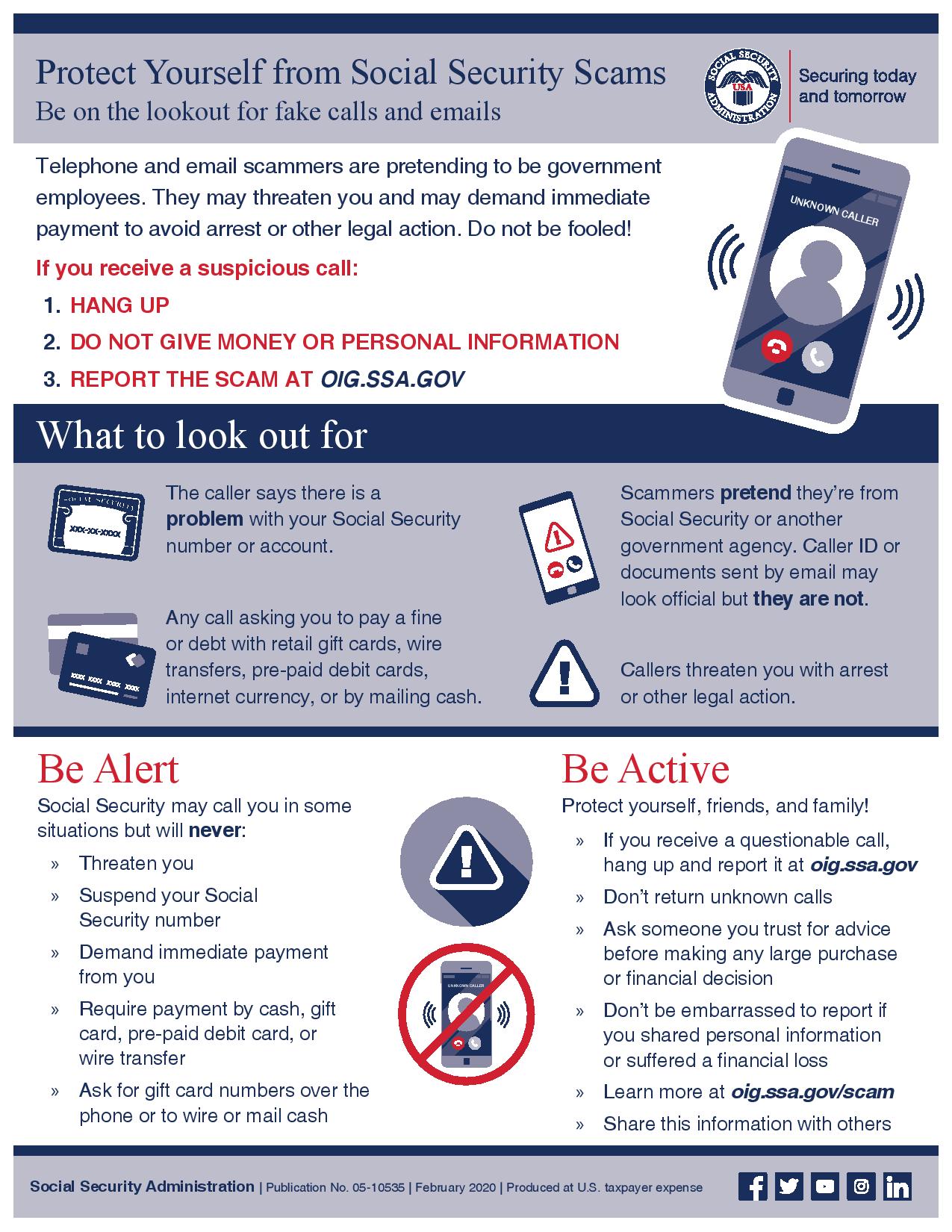A Medicare Fraud Alert from the California Senior Medicare Patrol:
Beware of Genetic Testing for Beneficiaries in Group Settings
We’re getting reports of people giving presentations to seniors or offering ice cream socials while also conducting “cheek swabs” for genetic testing and/or “cancer screenings.”
These genetic tests can help alert people about potentially negative interactions to medications they are taking, as genetically some people don’t respond well to certain drug therapies. Yet, Medicare only covers such a test if there are already signs, symptoms, complaints, or personal history of disease or injury warranting a test, and a person’s physician orders it. Medicare does NOT cover it as part of a generic group screening.
If you encounter people offering such group screenings, saying Medicare covers this testing free of charge and that all they need is your Medicare number, stop. This is a red flag. Do not give them your Medicare number. They may be committing fraud or abuse and charging Medicare over $1,100 for unneeded tests.
What can you do? If you or someone you know comes across such scams, let us know. Call the Health Insurance Counseling and Advocacy Program (HICAP) at 1-800-434-0222, or the Senior Medicare Patrol at 1-855-613-7080. Together we can stop fraud!
Visit: cahealthadvocates.org.
Printable version: Medicare Fraud Alert-Genetic Testing

